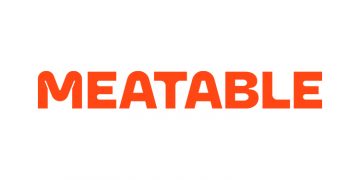Imaflora and the Brazilian Association of Beef Exporting Industries (Abiec) today announced that the latter has formally adhered to the Boi na Linha (Beef On Track) Protocol jointly developed with the Federal Prosecution Office to establish socioenvironmental criteria in cattle purchases throughout Brazil. Currently, of the 39 members of ABIEC, 16 have already adhered to the protocol, including the 3 largest in Brazil. The aim of the cooperation is to share the standard among all members.
As a result of a term of technical cooperation between Imaflora and Abiec, a program will be put together to allow for gradual and inclusive expansion of the use of the Beef On Track protocol by all associate members of the entity throughout Brazil.
“Given the standing of the Abiec members, we will improve the business environment by standardizing the origination procedures and criteria within the sector”, says Marina Piatto, executive director of Imaflora.
“This cooperation is a fundamental step for promoting a sustainable beef cattle value chain in Brazil, by sharing the expertise, already acquired by Imaflora, with all our members”, says Antonio Camardelli, president of Abiec.
The cooperation between the two entities will also positively differentiate the Abiec members within the domestic and external markets, and among consumers, investors and other interested parties, raising the value of legal livestock farming produce while supporting the country’s climate commitments and countering illegality.
“Our ambition is to have every company operating in the Amazon adhere to the protocol within one year, and other member companies within two years” says Fernando Sampaio, Sustainability Director of Abiec.
The 16 companies account for 74% of the cattle slaughtered at federally inspected (SIF) meatpacking plants in the Amazon, and 63% of total (SIF) slaughter in Brazil .
The cooperation will permit engagement and training of Abiec member meatpackers and has the potential to reach the 39 companies that account for 84% of federally inspected slaughtering in the Legal Amazon region, 80% of SIF-inspected slaughtering in Brazil and 98% of Brazilian exports.




















